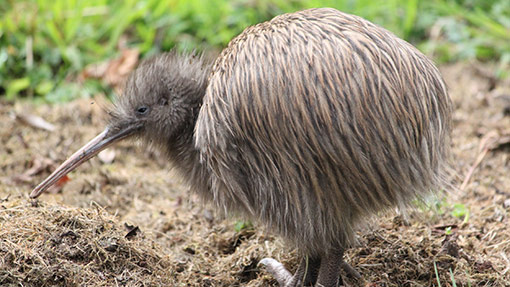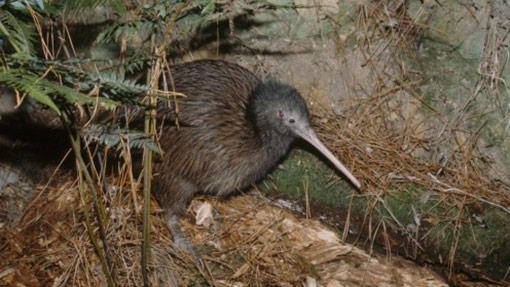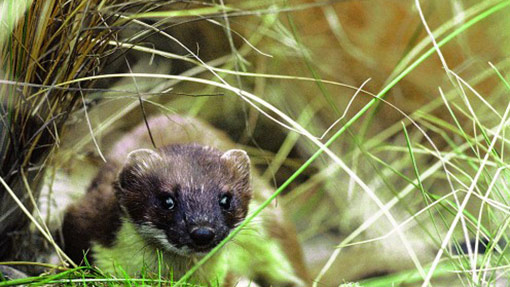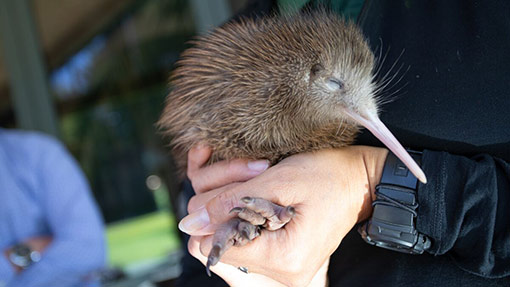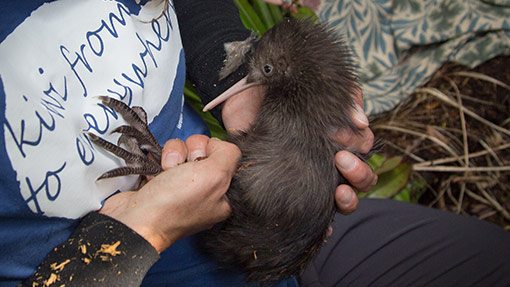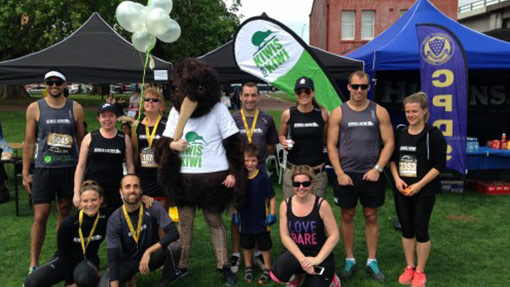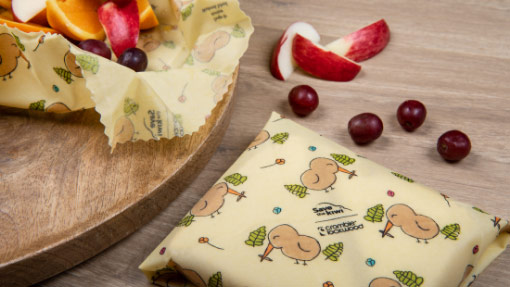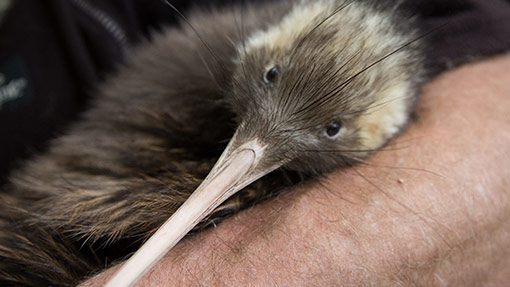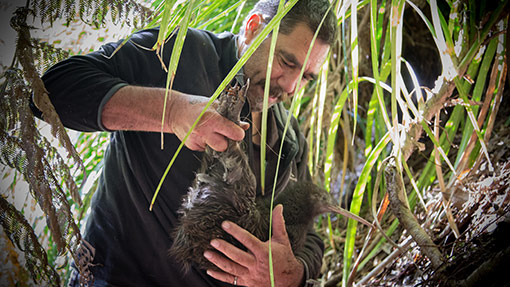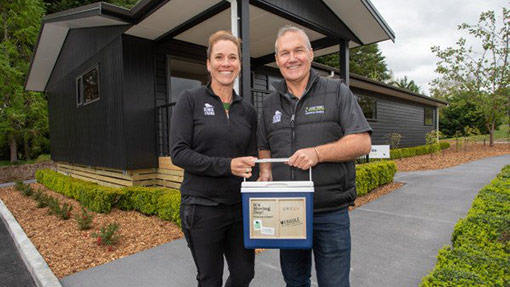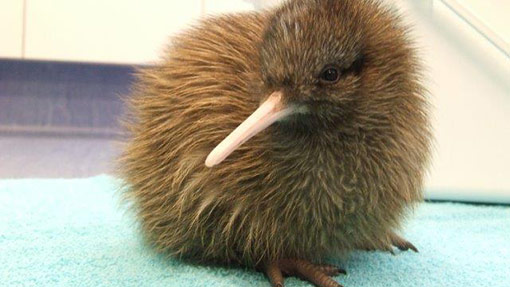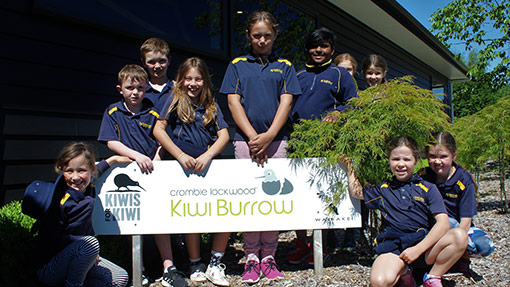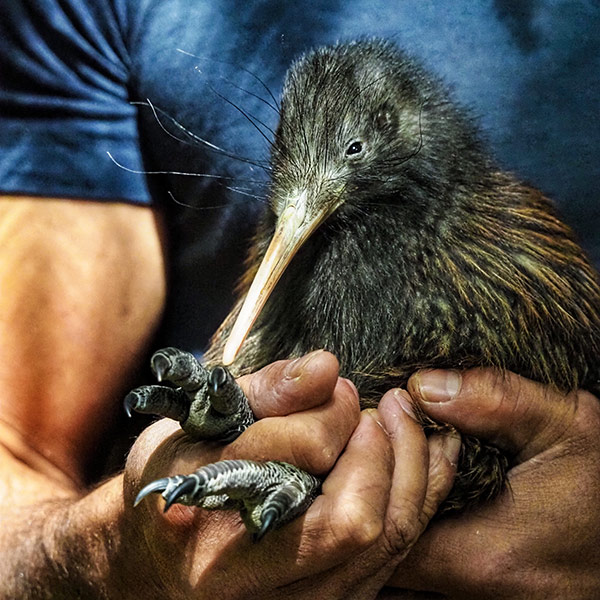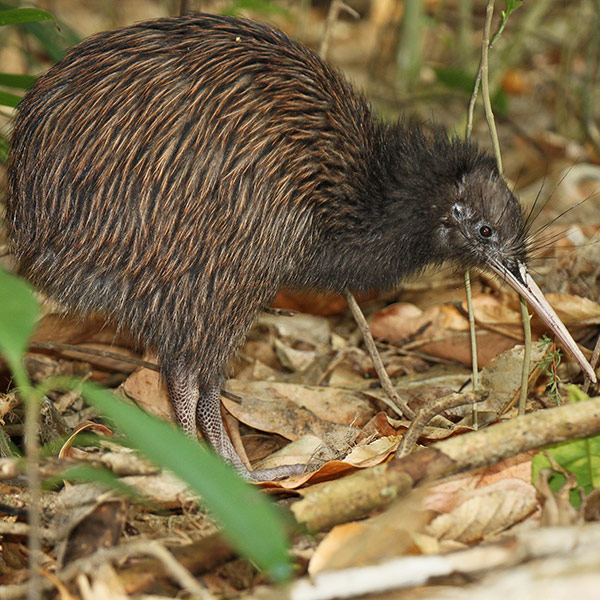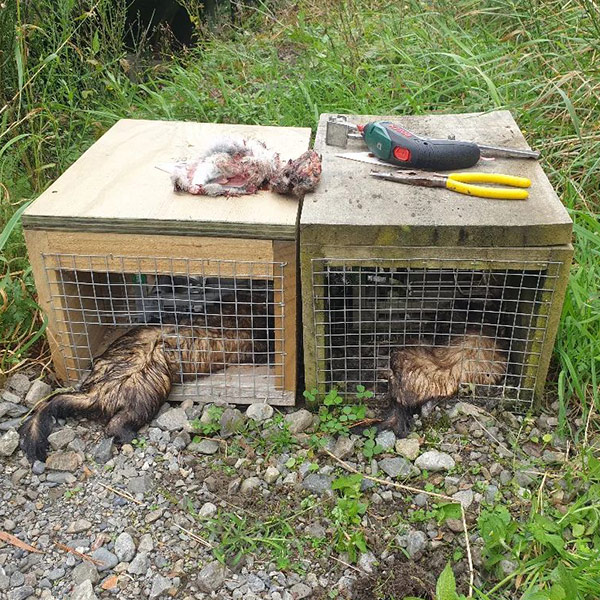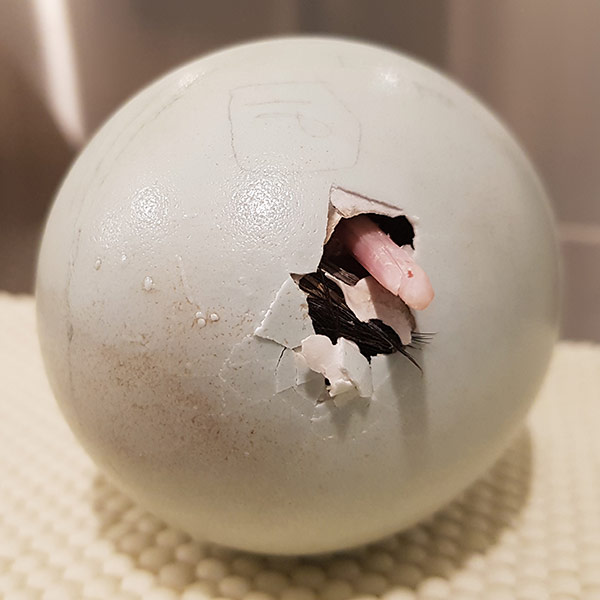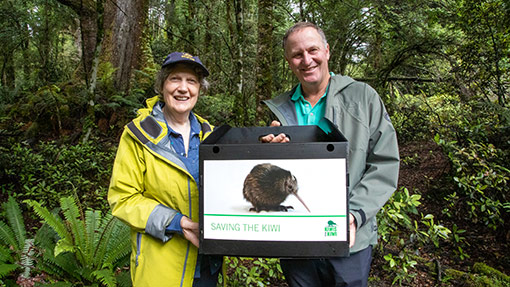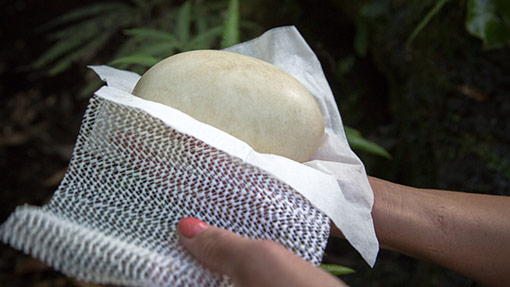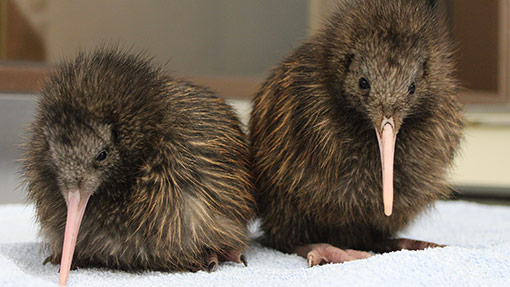Kiwi could disappear from our forests if we don’t work to save them now
Aotearoa used to be home to millions of kiwi. Today, there are only 68,000. Save the Kiwi is on a mission to rebuild the kiwi population – but we need your help. Join the cause to return kiwi to where they used to live ... before it's too late.Help return kiwi to where they used to live
$25 could feed a kiwi chick
While kiwi chicks stay at our incubation facility until they’re big enough to be released into the wild, they eat a special diet filled with vitamins and minerals that will help them thrive.
Just $25 will feed a kiwi chick for their entire stay, ensuring they’re in the best condition possible before they return to the wild.
$50 could kiwi-train one dog
Dogs are one of the biggest risks to adult kiwi. That's because a kiwi’s skeleton is very fragile. Just a gentle nudge from an inquisitive dog - even a friendly dog - has the potential to crush it.
$50 could help a dog owner put their dog through kiwi avoidance training and reduce the likelihood of it harming a kiwi in the wild.
$100 could help protect one kiwi
95% of kiwi chicks that hatch in unprotected areas will never reach adulthood. Most kiwi chicks that are killed in the wild die in the jaws of stoats – public enemy number one to kiwi chicks.
Just $100 could help provide bait, lures, and other trapping equipment so volunteer trappers can continue protecting their local environment.
$250 could buy one DOC 250 trap
Stoats and ferrets are the biggest threats to wild kiwi, but it can be hard to catch them. It's important that we have the best tools on the ground to make kiwi habitat safer.
$250 could buy one DOC 250 trap which is effective enough to kill a stoat or ferret. And one less stoat or ferret in the wild means the kiwi population is much safer.
$500 could buy two field cameras
Predators are very clever – and very elusive.
$500 could buy two field cameras which will help us understand if predators like stoats, ferrets, and feral cats are present in habitat where kiwi live. Field cameras also help us better understand trap-shy pests, so we can tweak our trapping practices and be better at keeping kiwi safe.
Join the cause to save the kiwi
Kiwi conservation is essential mahi - but we need everyone's support to make it happen.
If every New Zealander donated just a few dollars to Save the Kiwi, together we would be well on our way to restoring the kiwi population.
Every dollar counts. Please donate today.
Endowment Fund
To guarantee the future population growth of the kiwi, the Save the Kiwi Endowment Fund gives generous donors the opportunity to directly invest into the future of our national icon. Managed by Jarden and supported by patrons Sir John Key and Helen Clark, the Save the Kiwi Endowment Fund will ensure that predator control, training, the development of more kōhanga sites and incubation and crèching facilities, and other kiwi conservation initiatives will be guaranteed long into the future.
Leave a gift in your will
Want to leave a legacy that will really make a difference? Leaving a gift in your will to Save the Kiwi is a wonderful way to contribute to the return of the kiwi all over New Zealand even when you’re not here to see it.
Migrant investor donations
If you are looking to emigrate to New Zealand via an investor business migration visa and you fit within one of the two investor visa categories (Investor 2 or Investor Plus), part of your investment can be donated as philanthropic gifts to registered charities like Save the Kiwi.
